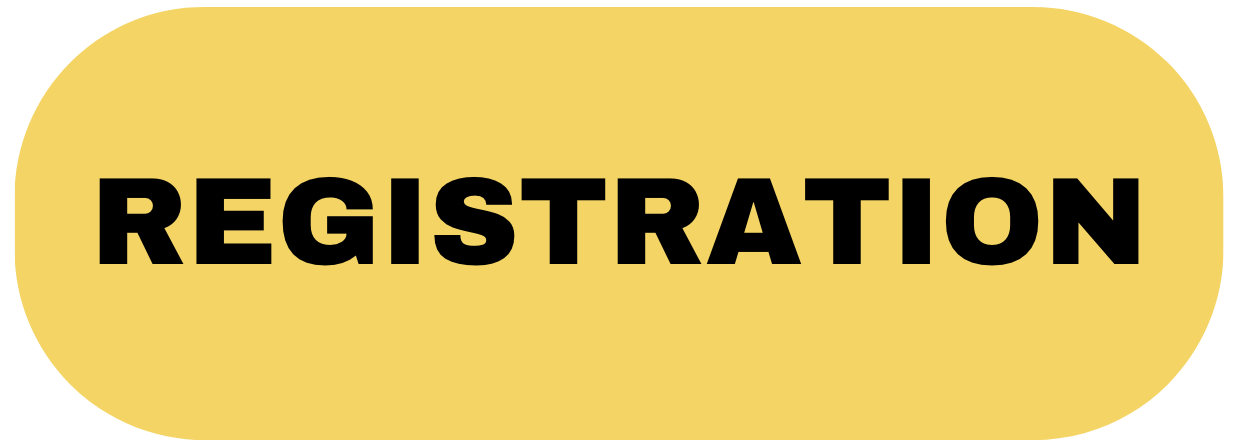ANALISIS EFEKTIVITAS PEMBELAJARAN KOLABORATIF DENGAN PENDEKATAN THEORY OF PLANNED BEHAVIOR
Abstract
Full Text:
PDFReferences
Acocella, I. (2012). The focus groups in social research: Advantages and disadvantages. Quality and Quantity, 46(4), 1125–1136. https://doi.org/10.1007/s11135-011-9600-4
Ajzen, I. (1991). The theory of planned behavior. Organizational Behavior and Human Decision Processes, 50(2), 179–211. https://doi.org/10.1016/0749-5978(91)90020-T
Ajzen, I. (2019). TPB Questionnaire Construction Constructing a Theory of Planned Behaviour Questionnaire. University of Massachusetts Amherst, 1–7. http://people.umass.edu/~aizen/pdf/tpb.measurement.pdf
Aliedan, M. M., Elshaer, I. A., Alyahya, M. A., & Sobaih, A. E. E. (2022). Influences of University Education Support on Entrepreneurship Orientation and Entrepreneurship Intention: Application of Theory of Planned Behavior. Sustainability (Switzerland), 14(20). https://doi.org/10.3390/su142013097
Alismail, H. A. (2023). The Influence of the Information System Success Model and Theory of Planned Behavior on the Zoom Application Used by Elementary Education Teachers. Sustainability (Switzerland), 15(12). https://doi.org/10.3390/su15129558
Ayeh, J. K., Bondzi-Simpson, A., & Baah, N. G. (2023). Predicting Students’ Response to Entrepreneurship in Hospitality and Tourism Education: An Application of the Theory of Planned Behavior. Journal of Hospitality and Tourism Education, 35(3), 265–276. https://doi.org/10.1080/10963758.2022.2056469
Bodemer, D., & Dehler, J. (2011). Group awareness in CSCL environments. Computers in Human Behavior, 27(3), 1043–1045. https://doi.org/10.1016/j.chb.2010.07.014
Cilliers, E. J. (2017). THE CHALLENGE OF TEACHING GENERATION Z. International Journal of Social Sciences, 3(1), 2454–5899. https://doi.org/10.20319/pijss.2017.31.188198
Díez-Echavarría, L., Valencia, A., & Cadavid, L. (2018). Mobile learning on higher educational institutions: How to encourage it?. Simulation approach. DYNA (Colombia), 85(204), 325–333. https://doi.org/10.15446/dyna.v85n204.63221
Ghazal, G., Alian, M., & Alkhawaldeh, E. (2022). E-Learning and Blended Learning Methodologies Used in Universities During and After COVID-19. International Journal of Interactive Mobile Technologies, 16(18), 19–43. https://doi.org/10.3991/ijim.v16i18.32721
Greyling, E. (2016). The applicability of the Theory of Planned Behaviour to choosing a career as a rural physician in South Africa (Issue September) [UNIVERSITY OF PRETORIA]. https://repository.up.ac.za/handle/2263/60494
Knabe, A. (2012). APPLYING AJZEN’S THEORY OF PLANNED BEHAVIOR TO A STUDY OF ONLINE COURSE ADOPTION IN PUBLIC RELATIONS EDUCATION (Vol. 186, Issue January) [Marquette University]. https://epublications.marquette.edu/cgi/viewcontent.cgi?article=1186&context=dissertations_mu
Knowles, M. S., Holton III, E. F., & Swanson, R. A. (2012). Andragogy: History, Meaning, Context, Function. In The Adult Learner (pp. 345–354). Routledge. https://doi.org/10.4324/9780080964249-28
Pagnini, F., Bonanomi, A., Tagliabue, S., Balconi, M., Bertolotti, M., Confalonieri, E., Di Dio, C., Gilli, G., Graffigna, G., Regalia, C., Saita, E., & Villani, D. (2020). Knowledge, Concerns, and Behaviors of Individuals During the First Week of the Coronavirus Disease 2019 Pandemic in Italy. JAMA Network Open, 3(7), e2015821. https://doi.org/10.1001/jamanetworkopen.2020.15821
Renzi, S., & Klobas, J. E. (2008). Using the Theory of Planned Behavior with Qualitative Research (DONDENA WORKING PAPERS). http://ideas.repec.org/p/don/donwpa/012.html
Rojabi, A. R. (2020). Exploring EFL Students’ Perception of Online Learning via Microsoft Teams: University Level in Indonesia. English Language Teaching Educational Journal, 3(2), 163. https://doi.org/10.12928/eltej.v3i2.2349
Roos, D., & Hahn, R. (2019). Understanding Collaborative Consumption: An Extension of the Theory of Planned Behavior with Value-Based Personal Norms. Journal of Business Ethics, 158(3), 679–697. https://doi.org/10.1007/s10551-017-3675-3
Scager, K., Boonstra, J., Peeters, T., Vulperhorst, J., & Wiegant, F. (2016). Collaborative learning in higher education: Evoking positive interdependence. CBE Life Sciences Education, 15(4), 1–9. https://doi.org/10.1187/cbe.16-07-0219
Scott, J. A., & Bruffee, K. A. (2000). Collaborative Learning: Higher Education, Interdependence, and the Authority of Knowledge. The History Teacher, 33(2), 267. https://doi.org/10.2307/494981
Tewari, A. (2023). A Comparative Analysis of the Theory of Reasoned Action(TRA) With the Theory of Planned Behaviour(TPB) for the Objective of Understanding Students Entrepreneurial Intention. IJFMR, 5(4), 1–14. www.ijfmr.com
Wicaksono, S. R., Hakim, A., Degeng, M., & Ferdianto, J. (2023). Collaborative Project Based Learning: Studi Kasus Lingkup Perguruan Tinggi. Seribu Bintang. https://doi.org/10.5281/zenodo.7888582
Wicaksono, S. R., & Mustapa, K. (2021). Implementasi Collaborative Project Based-Learning Menggunakan Podcast di Masa Pandemi. Snastep, 1.
Wicaksono, S. R., Mustapa, K., & Rusmawati, R. D. (2023). Evaluasi dalam Project Based Learning. Seribu Bintang. http://seribubintang.web.id/index.php?p=show_detail&id=73
Refbacks
- There are currently no refbacks.


_(1).png)

.png)